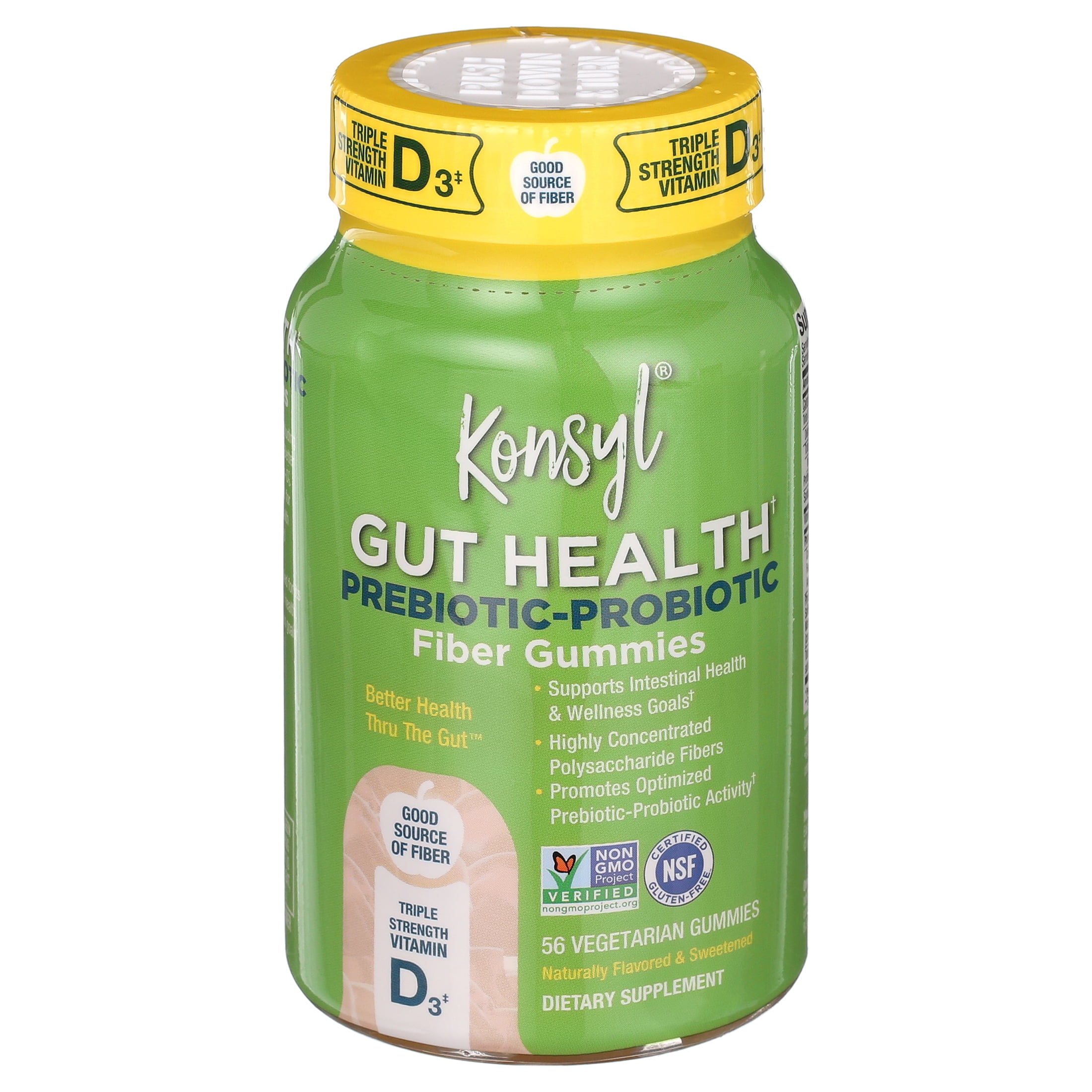Discover the Benefits of a Gut Health Supplement for Better Digestion and Wellness
Discover the Benefits of a Gut Health Supplement for Better Digestion and Wellness
Blog Article
Discover the Trick to Digestion and Immunity With Gut Wellness Support

Understanding Gut Health
Recognizing gut health is critical for overall well-being, as it plays a substantial duty in food digestion, resistance, and also psychological health. The digestive tract, making up the intestinal system, is accountable for damaging down food, absorbing nutrients, and eliminating waste. A balanced gut atmosphere guarantees effective food digestion, allowing the body to make use of nutrients properly.
Additionally, intestine health and wellness dramatically affects the immune system. The digestive tract houses a significant part of the body's immune cells, and a healthy intestine can assist repel pathogens and reduce inflammation. Disruptions in intestine health and wellness can lead to an over active immune response, possibly adding to autoimmune problems and allergic reactions.
In addition, the gut is frequently described as the "second mind" as a result of the gut-brain axis, a complicated interaction network linking the digestive tract and the brain. This connection influences mood, cognition, and emotional wellness. Issues such as dysbiosis, characterized by an inequality in intestine germs, have actually been connected with mental health conditions, including anxiety and anxiety.
The Digestive Tract Microbiome Explained

The intestine microbiome, a diverse neighborhood of microorganisms living in the gastrointestinal system, plays an essential duty in preserving gastrointestinal health and general health. Consisting of trillions of germs, viruses, fungis, and various other microorganisms, this complex environment aids in the digestion of food, the synthesis of necessary nutrients, and the policy of metabolic procedures.
Each individual's intestine microbiome is unique, influenced by factors such as diet regimen, lifestyle, genes, and environmental exposures. A well balanced microbiome sustains ideal digestion by damaging down complex carbs, creating short-chain fats, and assisting in the absorption of nutrients. Conversely, an inequality, commonly described as dysbiosis, can cause digestive disorders, including cranky bowel syndrome (IBS) and inflammatory digestive tract disease (IBD)
Study has actually shown that a diverse microbiome is associated with much better health end results, underscoring the value of dietary options in supporting these microbes. Foods rich in fiber, probiotics, and prebiotics, such as fruits, vegetables, and fermented items, can advertise a healthy and balanced microbiome. Understanding the digestive tract microbiome is necessary for developing targeted treatments aimed at improving digestive system health and preventing gastrointestinal conditions.

Link In Between Food Digestion and Resistance
A durable connection exists in between food digestion and immunity, highlighting the vital function of the gut in preserving overall wellness. The intestinal tract is home to trillions of bacteria view publisher site that develop the gut microbiome, which dramatically affects both gastrointestinal processes and immune reactions. This facility environment help in damaging down food, soaking up nutrients, and providing crucial metabolites that support immune function.
When digestion is efficient, the intestine barrier stays undamaged, stopping dangerous pathogens from going into the blood stream (gut health supplement). On the other hand, poor digestion can lead to a Visit This Link discrepancy in the microbiome, leading to dysbiosis, which has been linked to different health and wellness problems, consisting of autoimmune illness and inflammatory disorders. Approximately 70% of the immune system resides in the gut-associated lymphoid tissue (GALT), which engages very closely with the intestine microbiome. This interplay guarantees that the body immune system can efficiently compare unsafe and useful compounds.
Tips for Sustaining Digestive Tract Health
Supporting intestine health and wellness is crucial for maintaining both digestion efficiency and a well-functioning immune system. To cultivate optimum intestine health, consider including several useful approaches into your day-to-day routine.
First, prioritize hydration. Consuming ample water supports digestion and helps keep the mucosal cellular lining of the intestines. Furthermore, regular exercise can boost intestine mobility and advertise a diverse microbiome.
Conscious eating practices are also essential. Eating food thoroughly and eating gradually can help digestion and stop overeating, which may emphasize the intestine. Furthermore, managing tension with techniques such as reflection, yoga exercise, or deep-breathing exercises can favorably affect digestive tract health, as tension is recognized to interrupt digestive procedures.
Including prebiotics and probiotics right into your program is an additional effective strategy. While particular foods will be reviewed later on, comprehending the relevance of these elements is vital. Prebiotics serve as food for beneficial digestive tract bacteria, while probiotics introduce real-time beneficial organisms.
Finally, stay clear of excessive use prescription antibiotics, as they can have a peek at this site disrupt the equilibrium of digestive tract flora. By complying with these suggestions, you can significantly add to the upkeep of a healthy and balanced intestine, which is important for general wellness and vitality.
Foods That Promote Intestine Wellness

Fermented foods, such as yogurt, sauerkraut, kimchi, and kefir, are rich in probiotics, which are useful microorganisms that support intestine plants and improve food digestion. These foods can aid bring back equilibrium in the digestive tract, especially after antibiotic usage or digestive system disturbances.
In enhancement to fermented alternatives, prebiotic foods, such as garlic, onions, asparagus, and bananas, serve as nutrients for these probiotics, promoting their growth and activity. These soluble fibers sustain gut mobility and can relieve problems like bowel irregularity.
Furthermore, integrating high-fiber foods, consisting of whole grains, fruits, veggies, and beans, is necessary for keeping a healthy and balanced gut. Fiber help in regular defecation and aids protect against digestive problems.
Last but not least, omega-3 fats discovered in fatty fish, flaxseeds, and walnuts have anti-inflammatory properties that can further sustain digestive tract wellness. Highlighting these foods in your diet can cause a durable digestive system and boosted immune function.
Verdict
In conclusion, focusing on gut wellness is essential for enhancing digestion and enhancing immunity. A well balanced intestine microbiome, affected by nutritional selections and way of living factors, plays a crucial duty in nutrient absorption and swelling reduction.
Understanding intestine health and wellness is critical for total wellness, as it plays a considerable function in digestion, immunity, and also mental wellness. The gut houses a substantial section of the body's immune cells, and a healthy intestine can aid fend off pathogens and decrease swelling.In addition, the intestine is commonly referred to as the "second mind" due to the gut-brain axis, a complex communication network connecting the brain and the digestive tract.A durable connection exists between food digestion and resistance, highlighting the important duty of the digestive tract in maintaining overall health.In final thought, focusing on intestine wellness is essential for optimizing food digestion and enhancing resistance.
Report this page